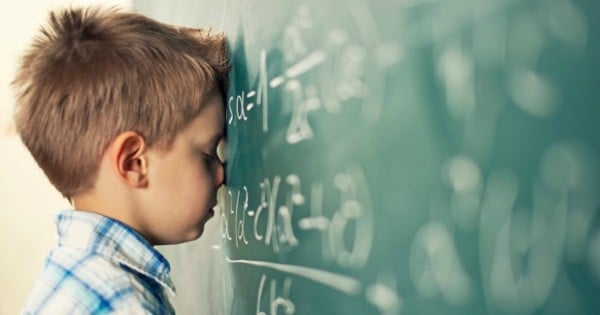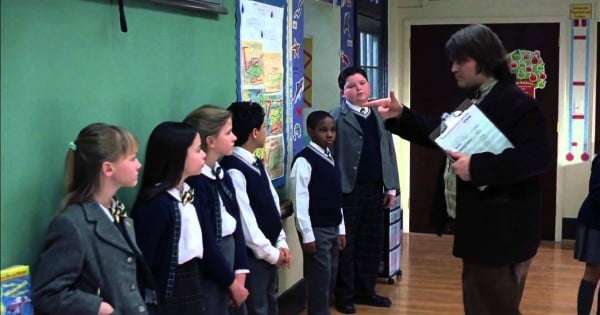
Most parents hope that their children will grow up to be intelligent – even if their perspectives differ as to what exactly ‘intelligence’ means. You hope your child will have the ability to learn and understand how to deal with trying situations, to think abstractly, to acquire new knowledge and skills to make a difference in their environment.
The question, of course, is how to support your child to thrive in this way. And according to new research, the key to success might be the attitude parents have towards failure.
Specifically, parents who are comfortable with failure, and focus on learning from it, pass on a healthy mindset to their children that intelligence is something that can be grown and improved. On the other hand, parents who show concern and anxiety in response to failures (e.g. their child receiving a poor test result), pass on the mindset that intelligence is a fixed characteristic, and something intrinsic to the person.



